Modern medicine has lengthened our lives and reduced suffering in a variety of ways: Scientists occasionally take the planet to leap forward with therapies that seem to come out of science fiction. Here are five frontier medical treatments that are heating up your engines or just arrived.
Advanced surgical robots
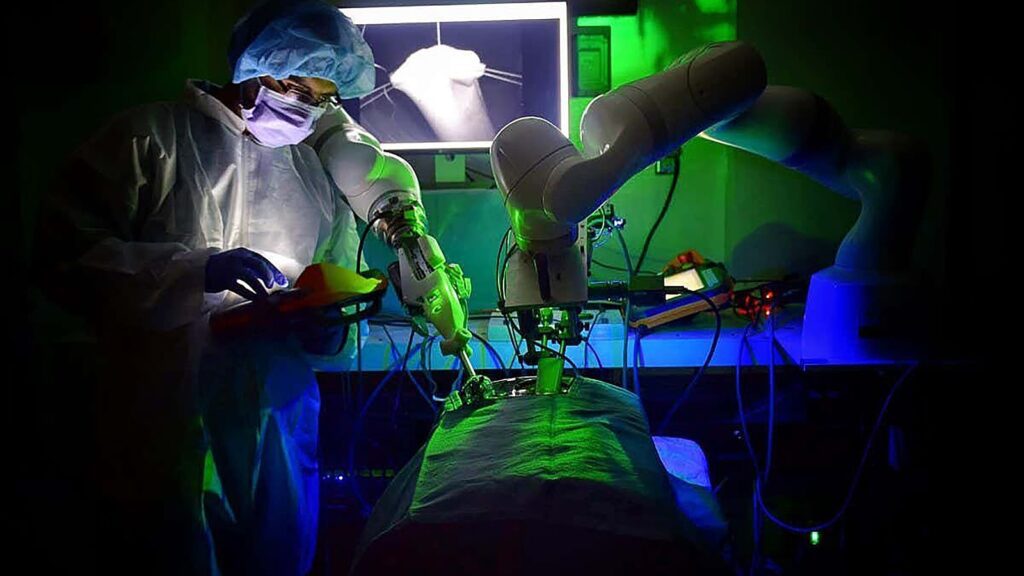
Today's robots aren't as impressive or independent as those depicted in science fiction, that's true. But now we may have a first step: a robot that can conduct surgical procedures on its own. Researchers at Johns Hopkins University last year published results showing that their Autonomous Smart Tissue Robot (STAR) was able to perform a complicated laparoscopic surgery on pigs that required the ends of one intestine to be reconnected. Today it already seems to do it with more precision than a human.
And in the future? STAR and similar robots will likely only be human medical assistants. However, their developers envision a world in which these robots can work alone even in emergency situations, such as treating trauma patients on their way to the hospital.
Brain stimulation against depression
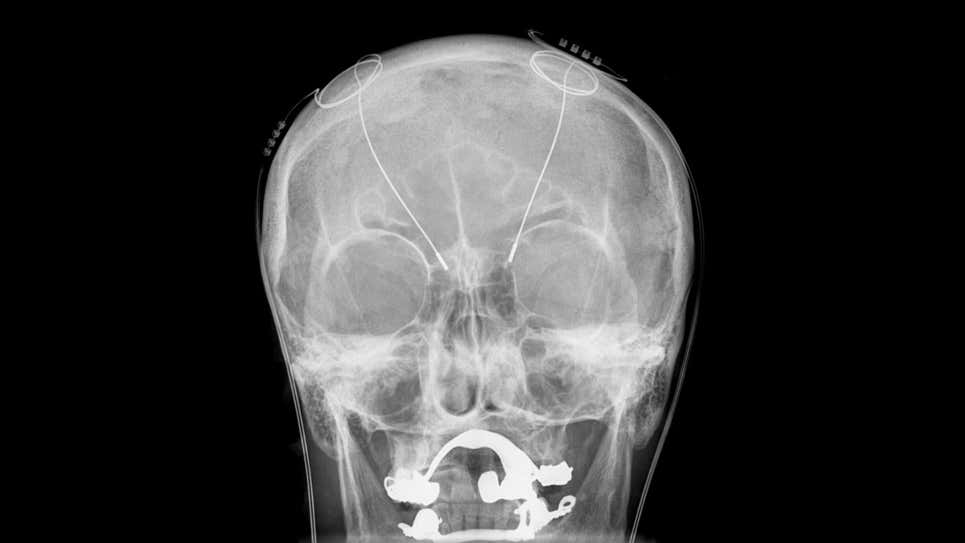
Given the dark and sometimes abusive history of “shock therapy” in the early days of psychiatry, it's no wonder that the idea of using electricity to treat mental illness comes with a stigma. However, several forms of brain stimulation have proven beneficial in treating depression. And this has also happened for other disorders that were previously thought to be incurable. These treatments could theoretically also restore or stabilize irregular brain activity associated with neuropsychiatric disorders.
And there are improvements, too. In October, a research team published results showing that their deep brain stimulation technique, which involves inserting a pacemaker-like device into the brain, for the first time in the world successfully treated a patient who had been living with depression for ten years.
For now, they are expensive and invasive technologies: however, from these first treatments we will be able to find out more about how the brain works and how to help people with depression in the future.
Contact lenses that dispense drugs
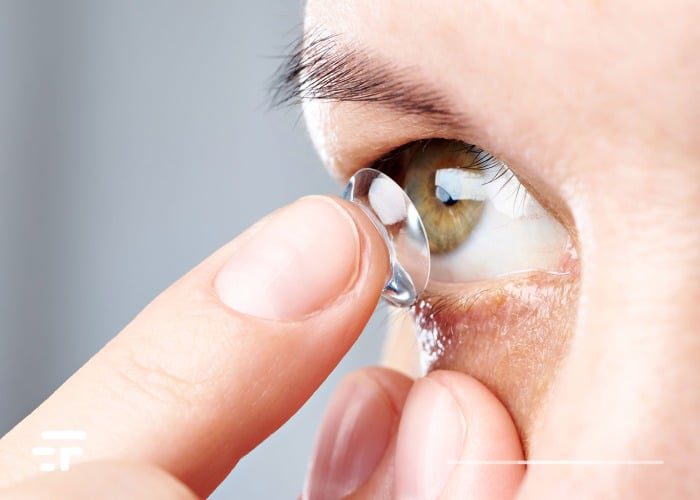
In other cases, it's not about finding new and better medicines, but about finding better ways to distribute them to people. The FDA has given the green light to the first contact lenses who administer graded-release drugs, bringing patients a load of antihistamines for several hours to relieve or prevent itchy eyes.
The technique could eventually be used to treat other eye diseases as well such as glaucoma, infections and cataracts.
New treatments based on gene therapies
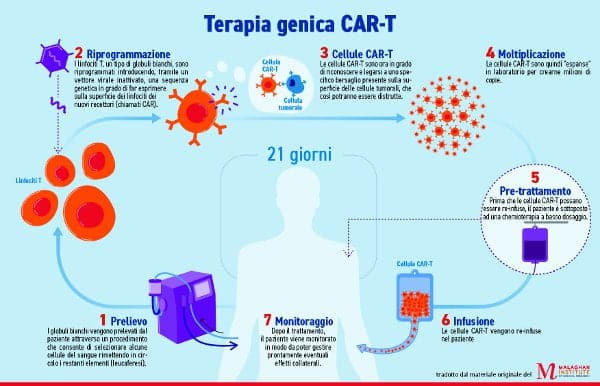
For decades, researchers have worked to develop treatments for previously incurable (or apparently incurable) diseases by altering our DNA. Now, we're finally starting to see these efforts pay off. The FDA has given the green light for at least two gene therapy treatments intended to repair or remedy deadly mutations that immediately cause the disease since 2017.
Another field of research is the CAR-T cell therapy, which modifies a person's T cells in the laboratory to make them better at fighting specific types of cancer; the cells are then reintroduced into the body.
A little research using gene therapy for correcting the deformed red blood cells of patients with sickle cell anemia It appears to have gone through in December. The cells of these individuals appeared to still have their normal shape. Most importantly, individuals no longer suffered from acute pain or other signs associated with sickle cell disease three years after treatments.
The results of this and other studies are truly impressive. They could represent a real cure for this hereditary disease, which is thought to affect around millions of people around the world.
Other gene therapy applications in the future include epidermolysis bullosa (also known as “butterfly disease”), hemophilia, and other malignancies.
Pig-to-human xenografts
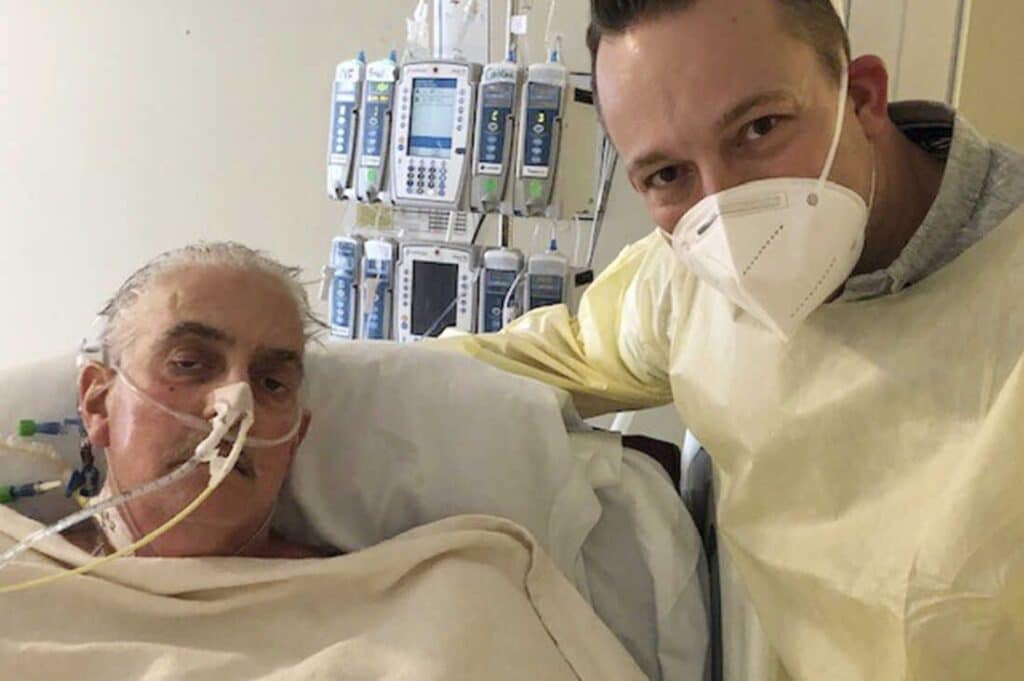
A long-sought goal of medicine is to provide a reliable supply of transplanted organs to those who need them. This goal now appears to be within reach. Last year, two different research teams were able to successfully transplant organs from genetically modified pigs into brain-dead individuals. In January, a Maryland team became the first in the world to transplant a modified pig heart into a terminally ill patient.
Farm sows, for example, have been modified to be more compatible with human biology. For example by no longer producing a sugar in their muscles which would trigger the human immune system.
These early investigations have shown that pig organs can be transplanted without being immediately rejected by our immune system.
But clinical trials will be needed to prove that the technology can truly extend the lives of recipients, and these organs may take even longer to be as efficient as those donated by humans (Sadly, the first living recipient of a pig heart, Mr. David Bennet, died earlier this month).
However, due to the ever-present organ shortage, which causes the deaths of thousands of Americans every year, it is a treatment that could still save the lives of many in the near future.


